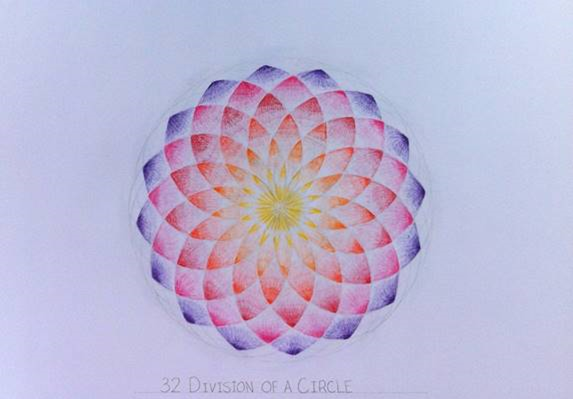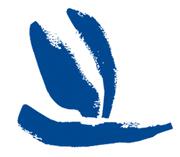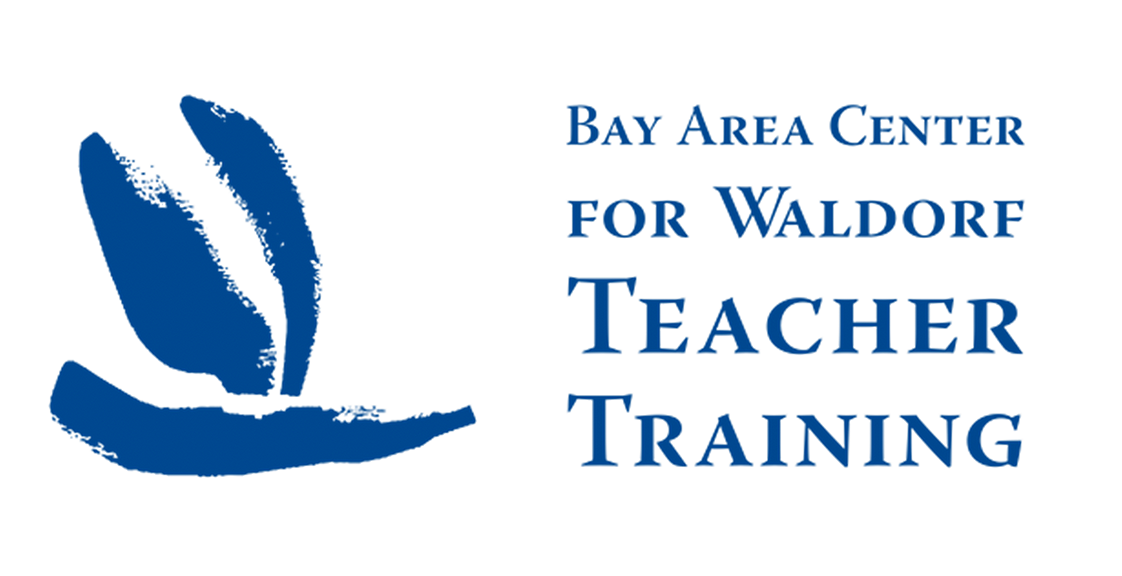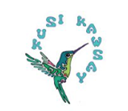Dear BACWTT Students, Alumni, Friends and Colleagues,
Here is the verse from the Calendar of the Soul for this week:
Verse 30
In sunlight of the soul spring up
The mellowed fruits of thinking
To certainty of self-awareness
All feeling is transformed.
Joyfully I can perceive
The autumn’s spirit wakening
The winter will awake in me
The summer of the soul.
The verse this week opens with the idea of “sunlight of the soul” and ends with “summer of the soul.” Clearly emphasizing the shift from the outer light and warmth of nature to inner soul light and warmth; a further inward turning as we move into the autumn.
In between, we hear the idea of feelings being transformed into self-awareness.
If you look back at the previous two verses, you will see that an emphasis was placed upon the changes taking place in the realm of thinking. This week, thinking has “mellowed” and we are more concerned with the transformation of feeling. If you look ahead, you will see an emphasis on the will in next week’s verse. So Steiner is leading us through a process in these weeks from thinking through feeling to the will – a gradual process of taking our threefold being that was living outwardly in the joy of summer and guiding it into an equally rich inner world.
The process of “inwardizing” the world that we can experience as a natural, seasonal journey has a deeper significance in the long-term development of our inner life, of our maturing. What would it mean if we were not able to internalize, reflect upon and assimilate our life experiences as we grow up and grow older?
It is very interesting that Steiner connects feelings and self-awareness in these two lines: “All feeling is transformed/To certainty of self-awareness.”
We can observe the development and expression of the human ego in child development: from shouting out, “No!” at 2 years old, beginning to say “I” around 3, experiencing separateness around 9 years old; through the sensitive and sometimes painful awakenings of adolescence to the sensing of being a free individual around 21 years of age. Do we not notice that these “ego” experiences are all moments of strong feelings? Of momentous shifts in our inner world? That the slowly awakening, individual “I” experiences itself again and again through the transformation of feelings into new levels of self-awareness?
Of course, it does not stop at 21 years of age; the whole of a human life, an individual’s biography is a journey of growing self-awareness.
At each stage of child development, there are bursts of growth and development followed by periods of assimilating and processing, then followed by periods of being able to stand in the world in a new way and make use of the newly developed capacities. This may not coincide precisely with the thinking-feeling-willing process we see in the Calendar of the Soul verses these weeks, but the middle part – of making oneself at home in the new stage of development and coming to terms with the new experience of self – has a lot to do with the feelings, the maturing of the feeling life and, with it, the arrival of a new self-awareness.
It can be really difficult to give a comprehensive picture of what we are trying to do in Waldorf education through the arts. A view shared recently during a trip to Peru encapsulates it: “That’s the school where they sing and dance and do artwork all the time,” as opposed to getting on with the serious business of learning! We know this type of misunderstanding about the importance Waldorf education places on artistic activity; it’s a misunderstanding that is worldwide where emphasis is placed upon thinking and facts.
But if we take a step sideways and consider the value of the arts in supporting the development of rich, complex, multilayered, sensitive feelings in the child – and put this next to the thought that it is the feeling life that provides the raw material that is transformed into self-awareness – we might have a deeper insight into what is required for the careful cultivation of the ground for the developing, human self.

Steiner was careful to point out that in the arts, individuality should be allowed and encouraged to shine. In other areas of learning, such as mathematics and geometry, the individual is less important and must rather fit him or herself into the truths. Nevertheless, the arts are still valuable in bringing the individual and their life of feeling towards, for example, the immutable truth of geometry.

There is another way in which the practice of the arts is incredibly important: in supporting the development of imagination. Again, in our contemporary setting, it is difficult to express how important this is. In our study of “The Younger Generation” lectures by Steiner in the Foundation Studies program this Fall, we quickly reached the understanding that modern human beings have no other option than to take responsibility for the further development of humanity; that the inner or moral guidance of our time can only be found by developing our individual capacities to have imaginations – moral imaginations – for the future.
“The human being must be shown the way from merely poetical, artistic imagination, to a productive moral imagination”
In Waldorf schools, artistic activities keep alive and cultivate in children the very things they will need to become capable of standing in the modern world with integrity, sensitivity and leadership capacities for the future.
• Feelings, transformed, become self-awareness.
• Artistic imaginations, transformed, become moral imaginations.
It was such a pleasure to meet and work with the 3rd Year students in person (with appropriate safety protocols) last Saturday. It felt like they were dying from doing Eurythmy and their other classes online for so long, and after a few hours of the art of Eurythmy in real space and real time, had come alive again! I met with them to discuss their 3rd Year Projects, and we quickly remembered the “art of conversation” where human thought and words also live and breathe so much more fluently in real air, in the real spaces between us.
It feels as though we are living in a time when the arts and the artistic sense could die out. We have an opportunity at this time to learn – by doing without, by noticing how the artistic classes are the most difficult to replicate online, by sensing what is missing – and to renegotiate the Wal-dorf curriculum, knowing better now what it is that breathes life into learning and how important the arts are as the ground for higher capacities.
Ken
Kenneth Smith
Director
BACWTT








